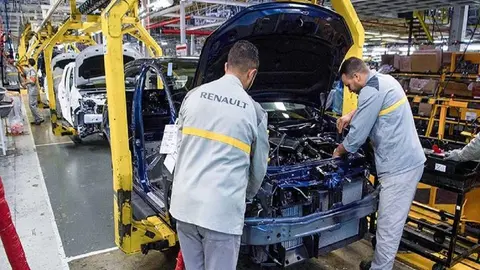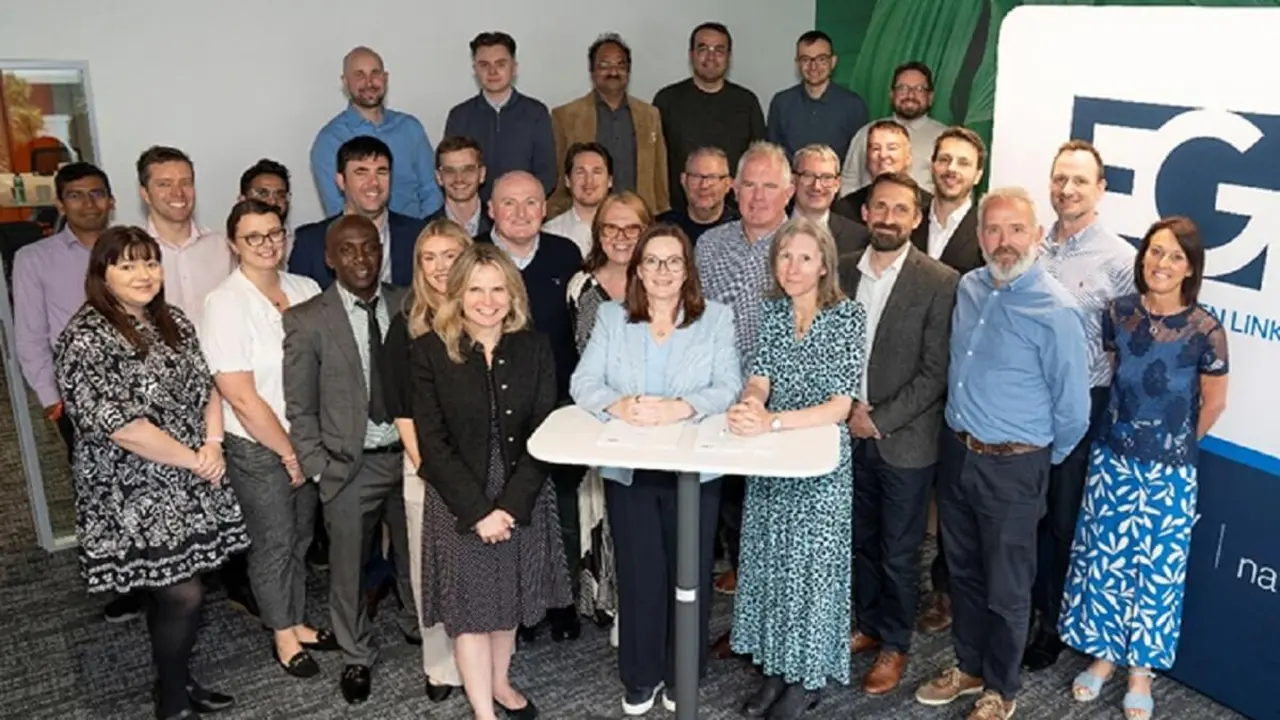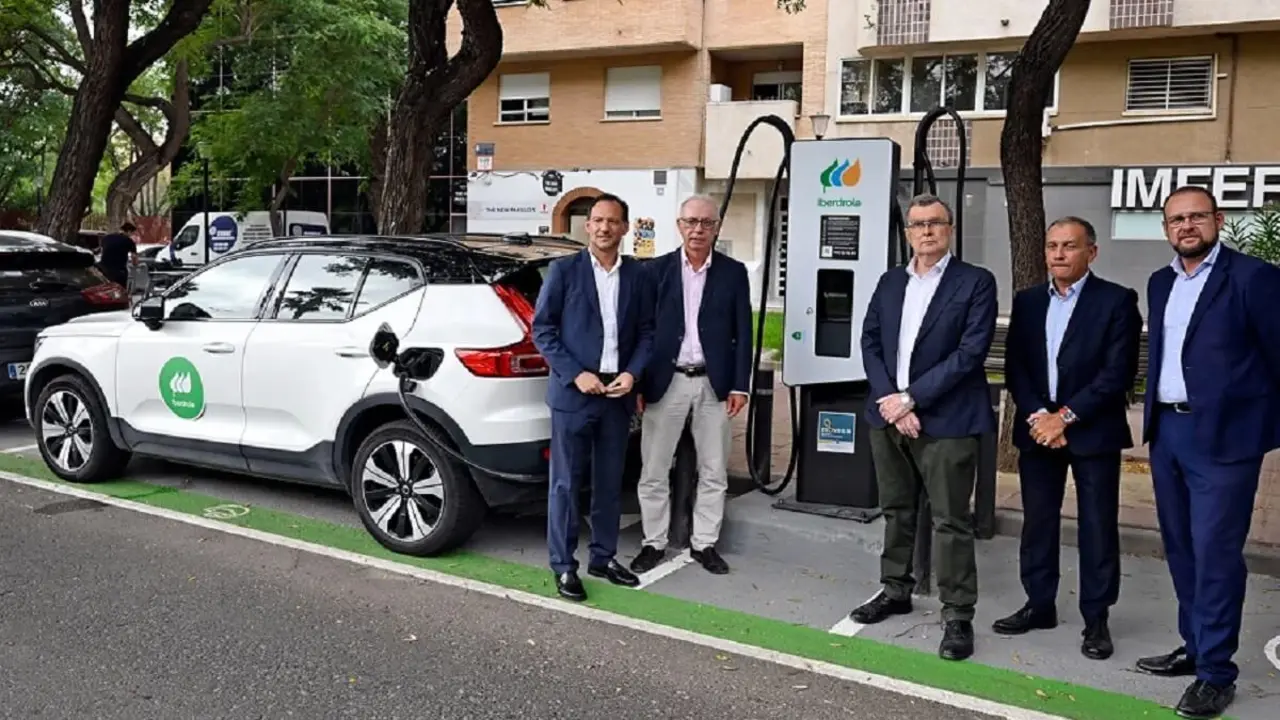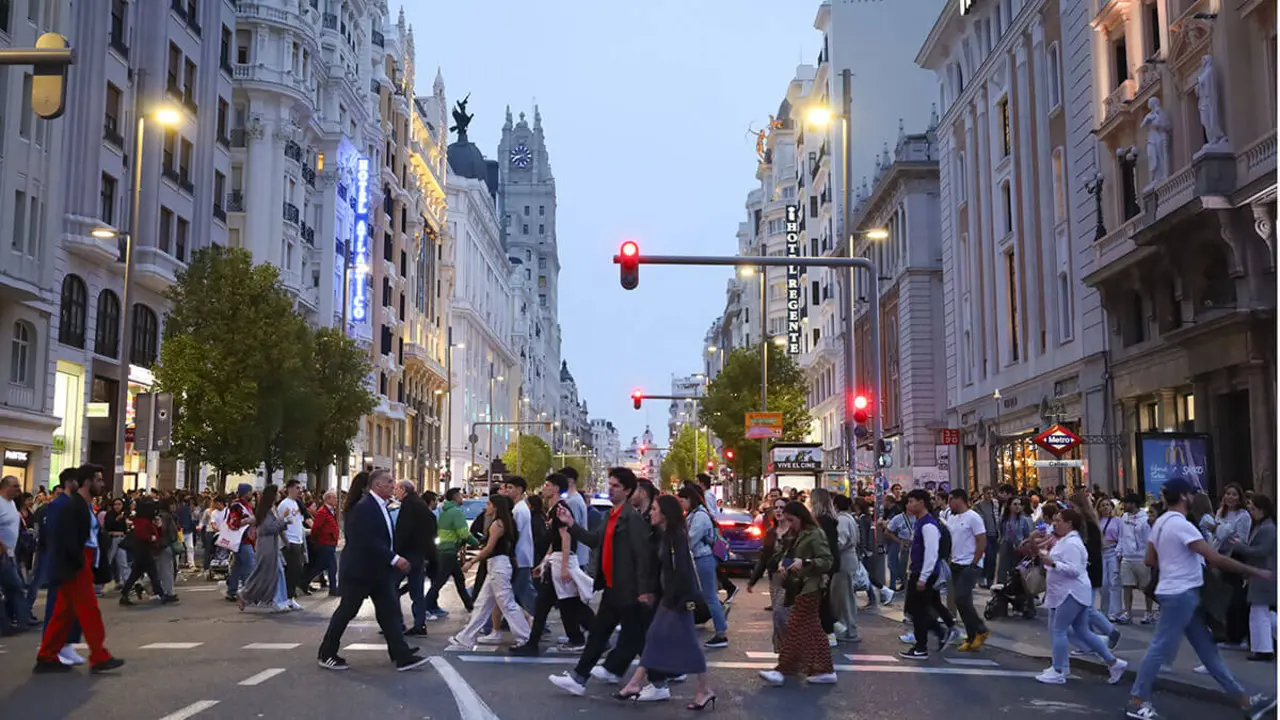Tangier Med and Barcelona, two key ports for Mediterranean trade
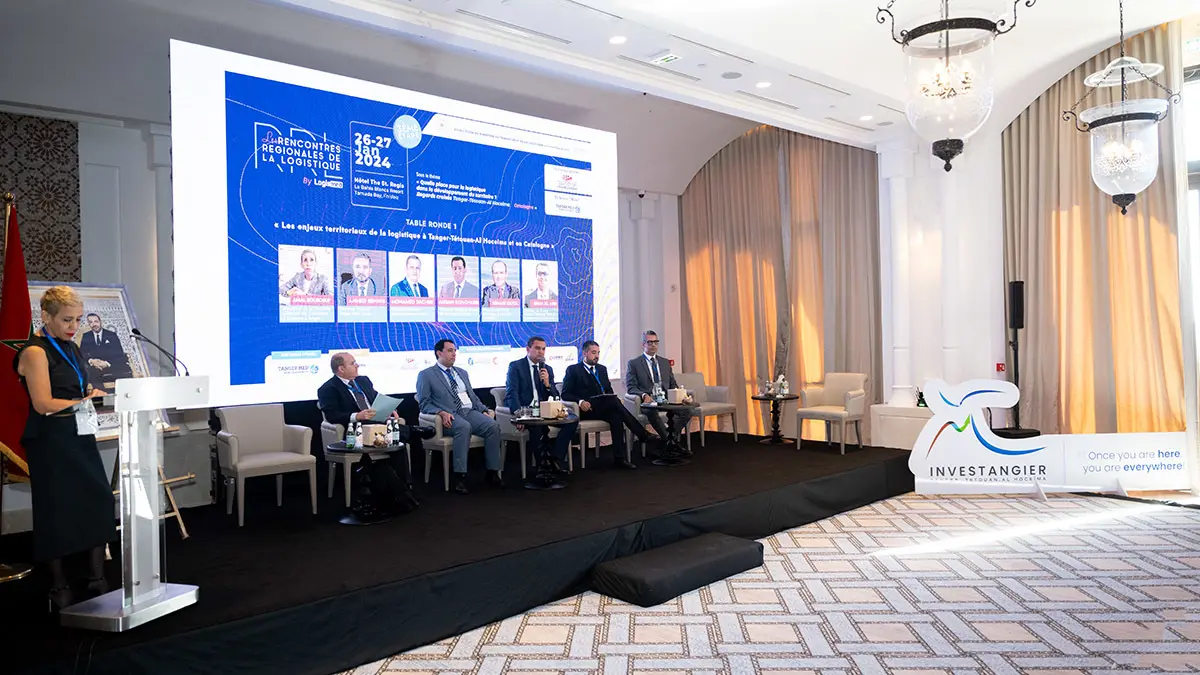
The first round table of this 3rd Logistics Forum held at the St Regis Hotel was devoted to 'The territorial challenges of logistics in the region of Tangier-Tetouan-Al Hoceima and Catalonia'.
- Mohamed Bachiri, Managing Director of the Renault Group
- Aissam Ech-Chabbi, director of research and information strategy at AMDL
- Ignasi Sayol, president of PIMEC
- Ahmed Bennis, General Manager of Tanger Med Zones
- Shan El Asri, director of Accio's office in Casablanca
The round table sought to answer questions such as what are the challenges and impacts of logistics on territorial development; the emerging modes of governance in the territorialisation of logistics; the priorities in the logistics sector to make the territory more attractive; and how the logistics ambitions of public and private decision-makers can be realised.
Mohamed Bachiri, Managing Director of the Renault Group
The first speaker was Mohamed Bachiri, Managing Director of Renault in Morocco. Bachiri pointed out that Renault was the first private company in Morocco to exceed 65 billion dirhams in exports, more than the figure for the phosphate sector, which has traditionally been the country's leading export industry.
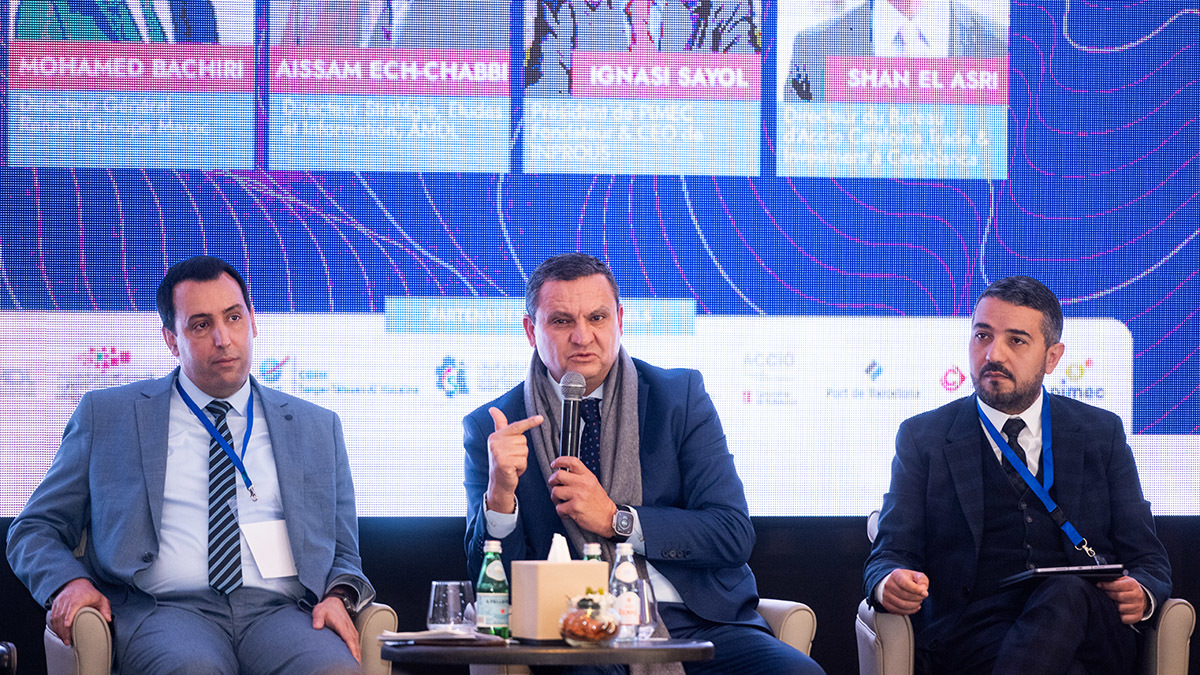
As Bachiri explained, Renault exports vehicles to 62 countries, including Spain, France and Italy, with an average volume of around 165 vehicles per day.
In addition, the company is setting up its own logistics centre in the northern region, due to open in 2024.
The CEO pointed out that they are aiming to export a total of 40,000 vehicles per year to Spain, which represents a volume of approximately two ships per week.
"The region's logistical fluidity and port facilities enable Morocco to account for 17% of Renault's total manufacturing in the world. We work with parts suppliers both in Morocco and abroad, thanks to public and private partners and especially the port of Tanger Med," Bachiri said.
Looking to the future, the Renault manager described a number of challenges, such as innovation, optimisation and artificial intelligence, which will facilitate processes and save time.
"Our goal is to raise our standards in terms of quality, lead times and to achieve the prosperity of the automotive industry in Morocco. Before, we used to produce on demand, but now we manufacture according to the date of the ship's arrival and departure to the European country," Bachiri explained.
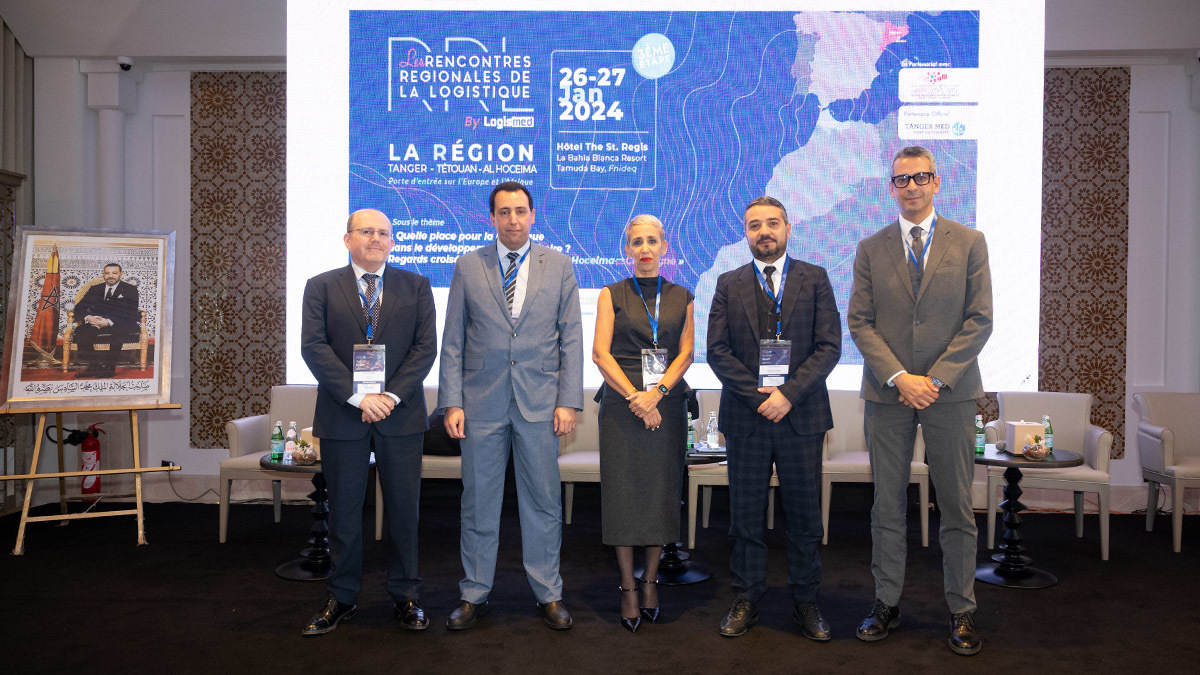
The head of the Renault Group in Morocco expressed very graphically that "if we stop for a day, everything stops; such is the impact of logistics on daily activities".
According to Bachiri, Africa is not, for the time being, the target market for its new vehicles, but remains Europe. "We consider ourselves a Moroccan company because the team is Moroccan and the company works for the development of Morocco, which is a strategic country for us," he concluded.
Aissam Ech-Chabbi, director of research and information strategy at AMDL
For Ech-Chabbi, the overall logistics of a territory is determined by the presence of quality services and human resources, all of which are elements that make up competitive logistics, in addition to the important component of sustainability.
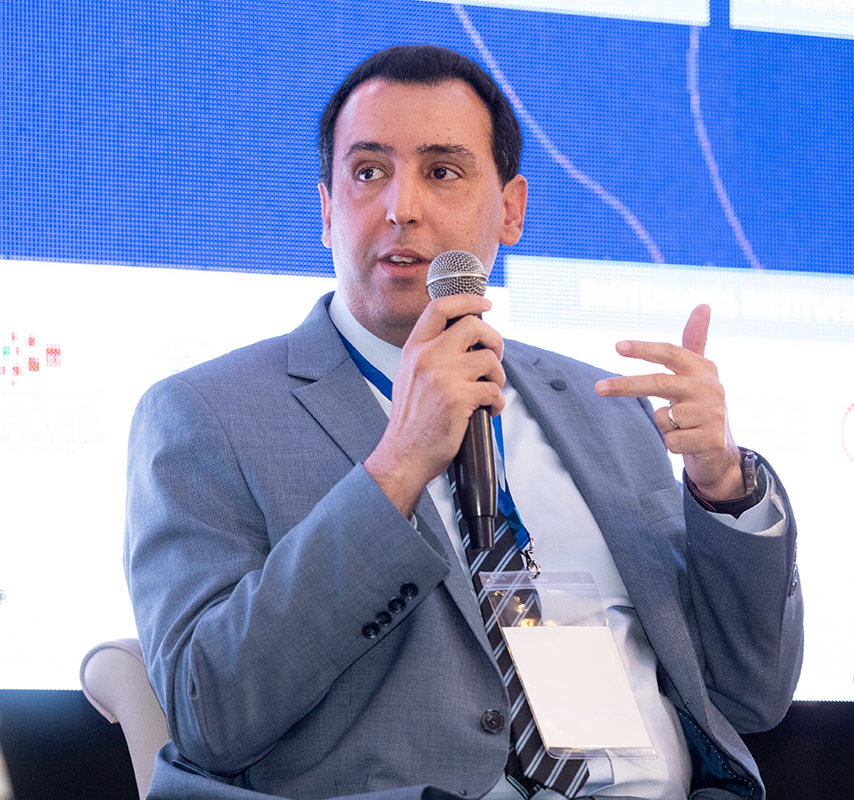
"A relevant logistics chain allows for territorial economic development and minimises territorial disparity by targeting less developed areas, helping them to take off logistically. And it is a determining factor for investors, influencing their decision to invest in one area rather than another," he said.
According to his data, more than half a million Moroccan citizens work in the logistics sector: "Our agency has various associations that link it with the territories. We also work on the planning and orientation of SMEs, diagnosing the needs of the regions", he explained.
Ignasi Sayol, president of PIMEC
The head of PIMEC highlighted "Catalonia's strategic position in terms of logistics, thanks to the efficiency of the Port of Barcelona, the most useful and competitive".
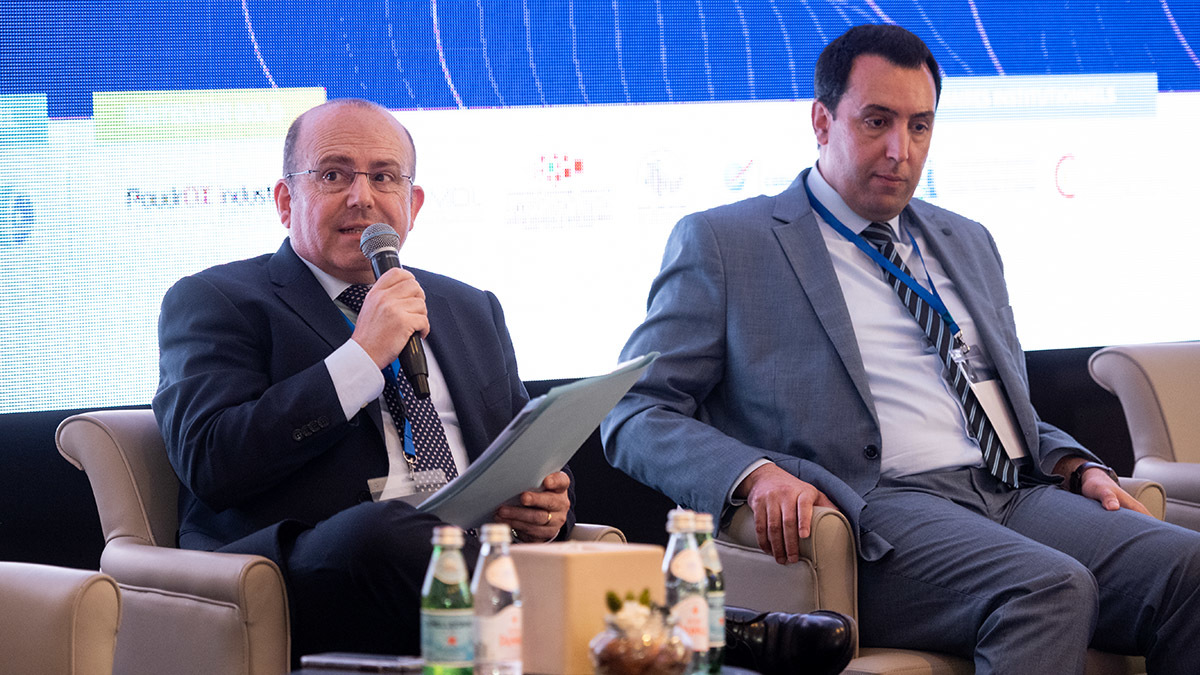
For Sayol, a good part of the daily transactions carried out by companies are related to the logistics sector, which is essential for sectors such as industry: "we must be in competitive logistics 4.0, professional training, innovation in industry 4.0.... infrastructure is an important tool for imports and exports, and Catalonia is an exporting region. For companies it is very important to enjoy efficient proximity, to have good quality services in the port, to have an advance that not only serves Catalonia, but also reaches Aragon", he explained.
Ahmed Bennis, General Manager of Tanger Med Zones
The head of Tanger Med Zones presented the ambitious expansion programme of the port, which covers an area of 5,000 hectares, is home to more than 1,200 companies, and will generate 13 billion dollars by 2022.
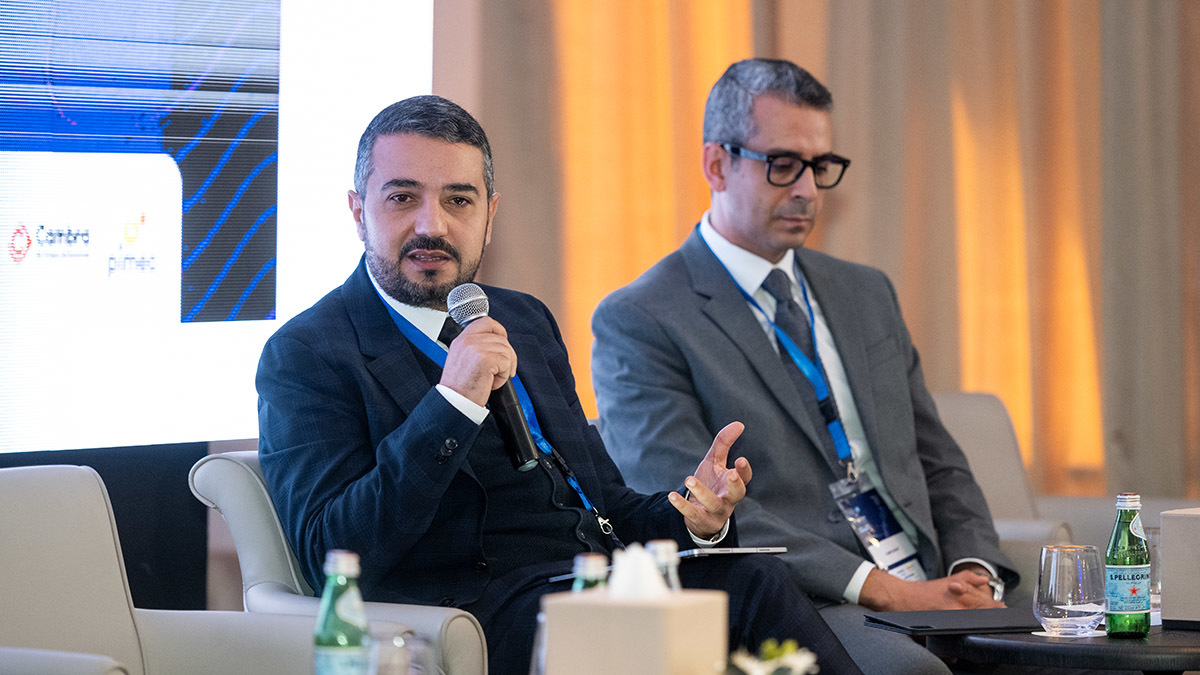
It has companies connected to numerous countries around the world and hosts 24 logistics operators, as well as 70 Spanish companies.
As for the challenges facing the Port of Tangier Med, Bennis highlighted the reinforcement of competitiveness; gaining more points in terms of attraction, developing industry; training the workforce and taking advantage of the experience of foreign companies in Morocco.
To this end, major challenges are raised such as total digitalisation, reaching zero paper by 2025; the development of the dry ports; the evolution of the logistics platforms, to manage an annual traffic of more than 240,000 trucks; consolidating the attractiveness of the industrial acceleration zones and industrial integration in areas other than the automotive industry; and in terms of human capital, connecting the national logistics ecosystems with their international counterparts, as in the case of Barcelona.
Shan El Asri, director of Accio's office in Casablanca
El Asri highlighted that Morocco is the third largest exporter to Catalonia, which is why his organisation is dedicated to facilitating Catalan investments in Morocco: "we are one of the best logistics hubs in southern Europe and we have a huge industrial concentration, the first area in Spain, with a reliable and strong ecosystem, which connects with Asia, America and Africa; Catalonia is the gateway to Europe and North Africa".
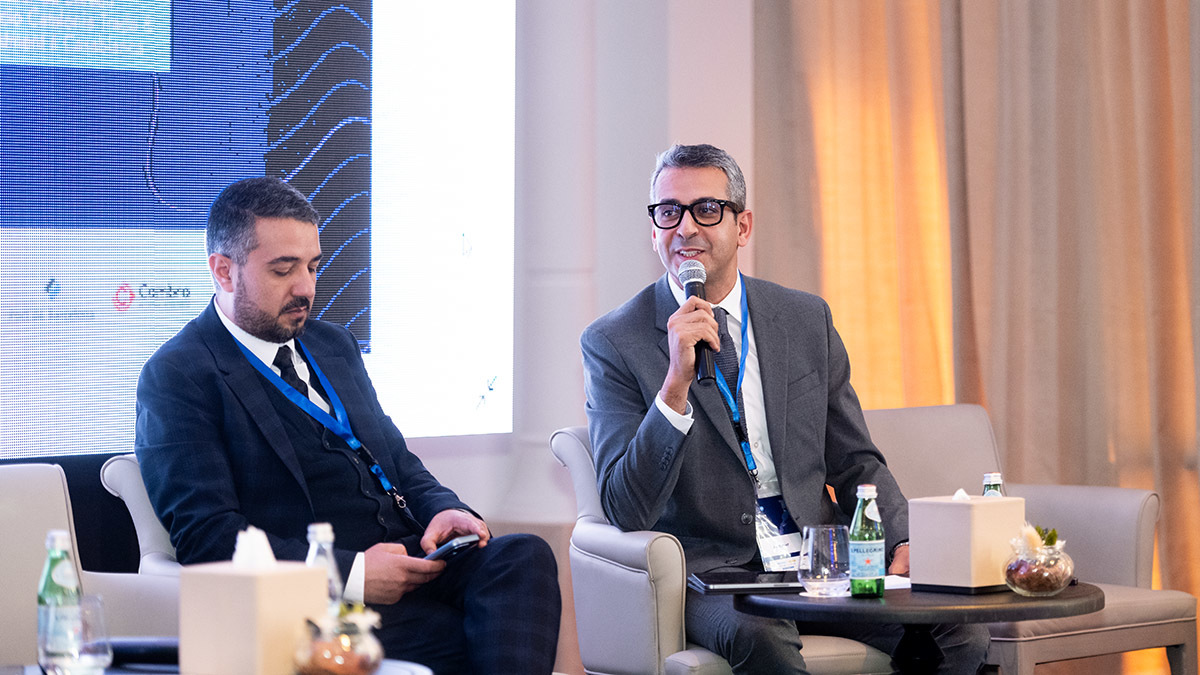
As far as the challenges are concerned, El Asri explained that they are very specialised: to have a 'start up' ecosystem to modernise traditional logistics; to capture talent and not let it emigrate. "Each thousand square metres of port means a minimum of 9 jobs created", he underlined.

